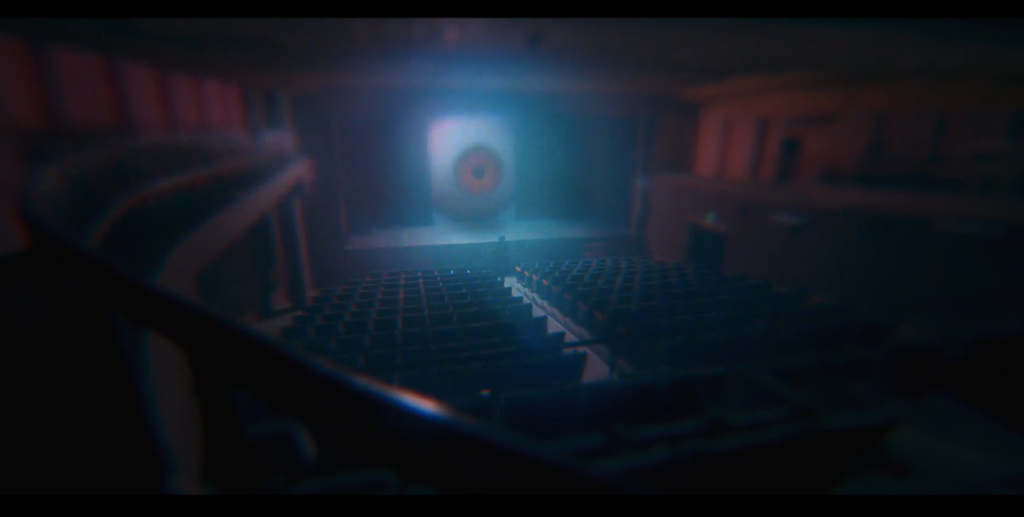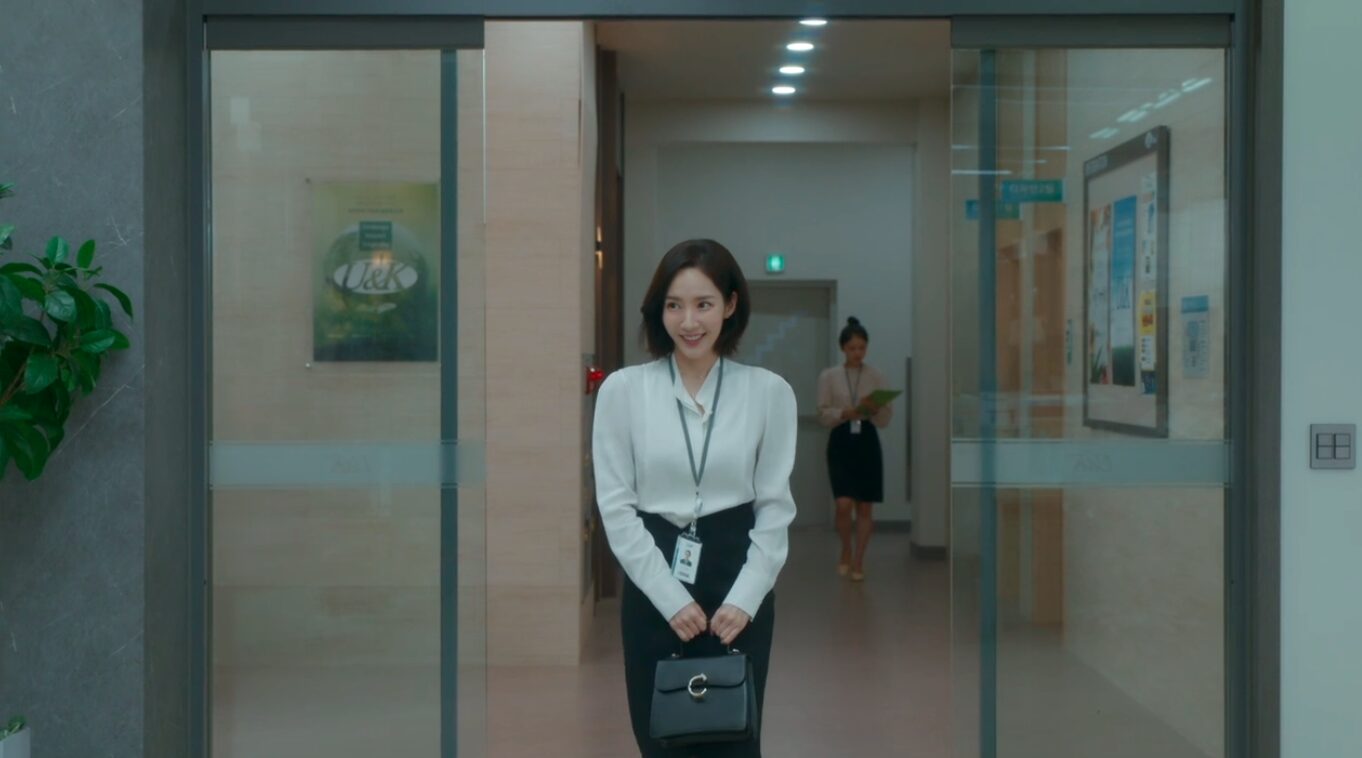I’ve debated somewhat whether to write this review of the Korean science fiction drama, Connect – seeing as it’s not quite Korean and not quite science fiction.
But Connect is such an unusual beast that I thought at least trying to review it would be fun. If nothing else, it has some top-tier Korean actors involved in a whole lot of weirdness. And that’s weird with a capital W. Because Connect is as much a Korean drama as it is science fiction – namely, not really. With a Japanese writer and director, Connect is a Japanese drama that is for some reason in Korean and is more ‘sciency’ than actual science.
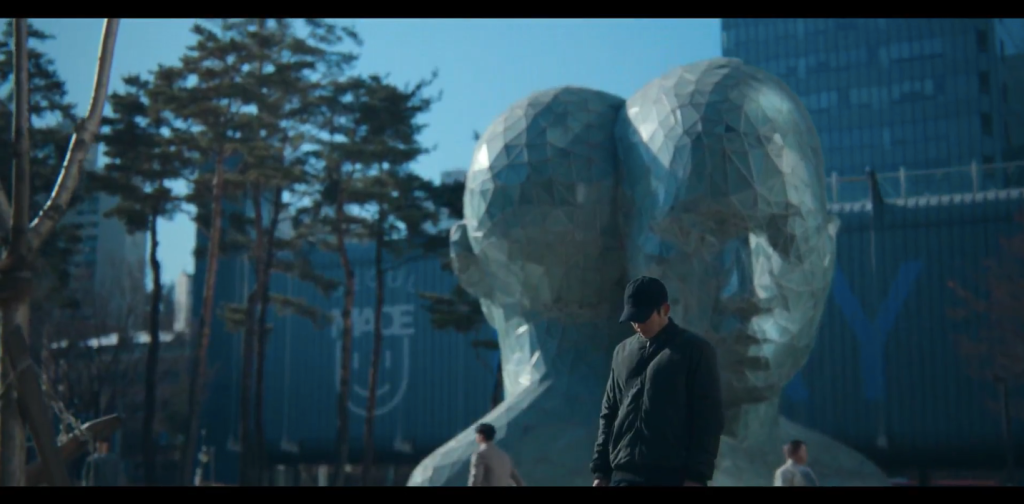
Still, the drama is so different and so full of talent that here I am – writing a Korean science fiction review about it.
Connect is a dark and atmospheric drama that evokes a secret underbelly of society; one where gangs roam the streets kidnapping random people for body parts and that nice artist you have a crush on wants to turn you into a bleeding sculpture. We meet our aspiring singer and male lead, Ha Dong-soo (Jung Hae-in) when he’s accosted late at night by a van full of organ harvesters. This apparently being a thing.
But Dong-soo is something new: a secret group of new humans called Connect. They don’t die if their organs are removed and stay connected to them after they’re taken. Dong-soo loses his eye but otherwise escapes. He then finds himself connected via his eye to serial killer, Oh Jin-seop (Go Kyung-po) who turns his victims into gruesome works of art.
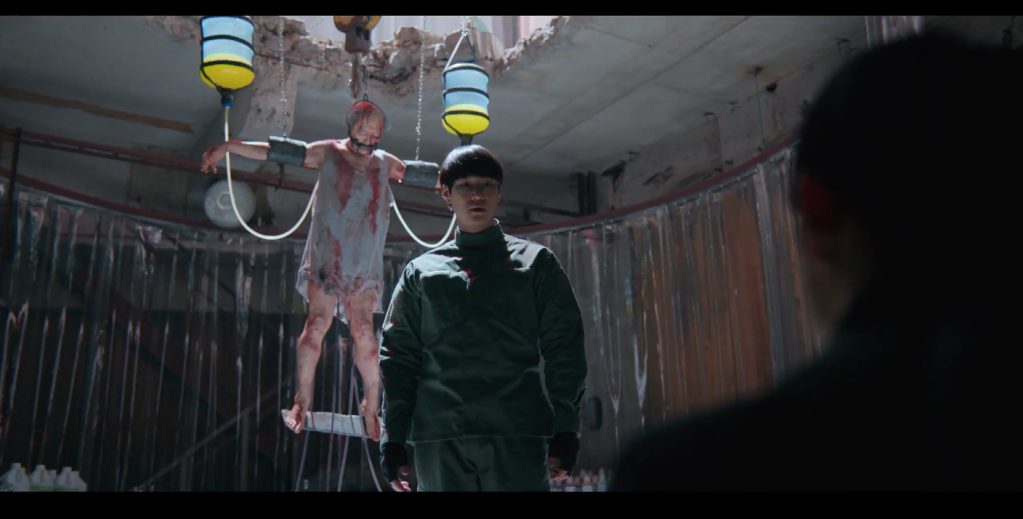
For some reason, the organ smugglers decide that people who can stay alive and hunt them down to get their organs back are prime candidates for harvesting. This seems counter-intuitive. Nonetheless, Dong-soo is soon joined (quite literally) by fellow Connect Lee Yi-rang (Kim Hye-joon) and tries to get his eye back and stop a serial killer while being hunted by gangs who are intent on flushing out any other new humans. (Presumably they think it’s a great business decision to target a population who can stay alive to fight back. It’s not as though they regrow the organs, they just keep going on without them).
So, yes, Connect makes no sense. It’s also gruesome, visceral and often strangely beautiful. It attracts and repels. Japanese director, Miike Takashi, is aiming for a deeply artistic and often stylised work, even with the gore. It’s like the show itself is a bleeding human rendered in artistic poses; it’s supposed to be both beautiful and disturbing at the same time. It’s intensely artistic, but in a way that’s alienating.
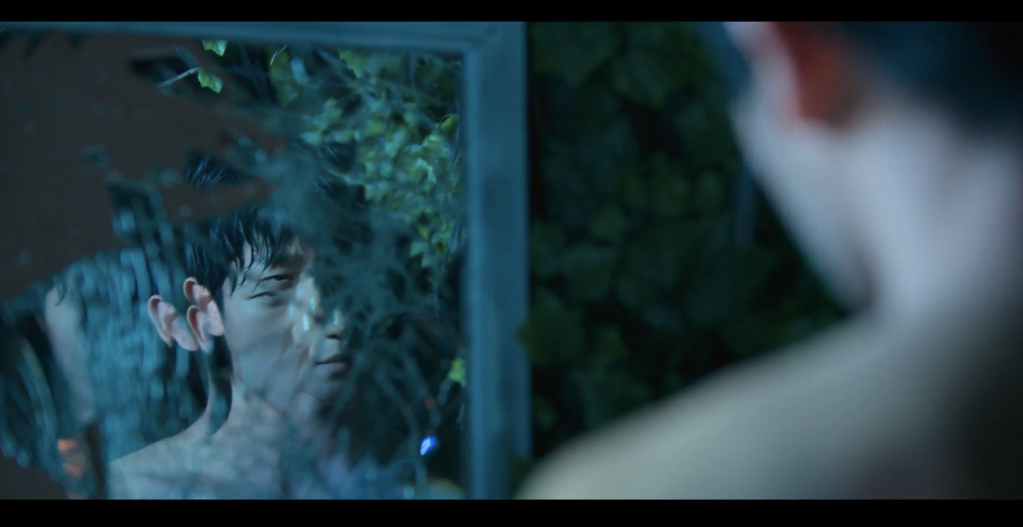
Connect’s production has an element of schlock horror as well and, while it’s not quite the Rodriguez-esque nature of a horror like Sweet Home, it’s still a gory, visceral element that involves blood and guts.
Commodification, objectification and the dehumanising of people are the show’s main themes, as the organ hunters and the artist both reduce humans to their body parts and fetishise their physicality while our male lead just wants to, well, Connect. The question here then becomes the same question we have to ask of any televisual or filmic representation of exploitation and voyeurism. To what extent does a production move from critiquing voyeurism and exploitation to instead being voyeuristic and exploitative? A question that has been asked of Takashi’s productions before.
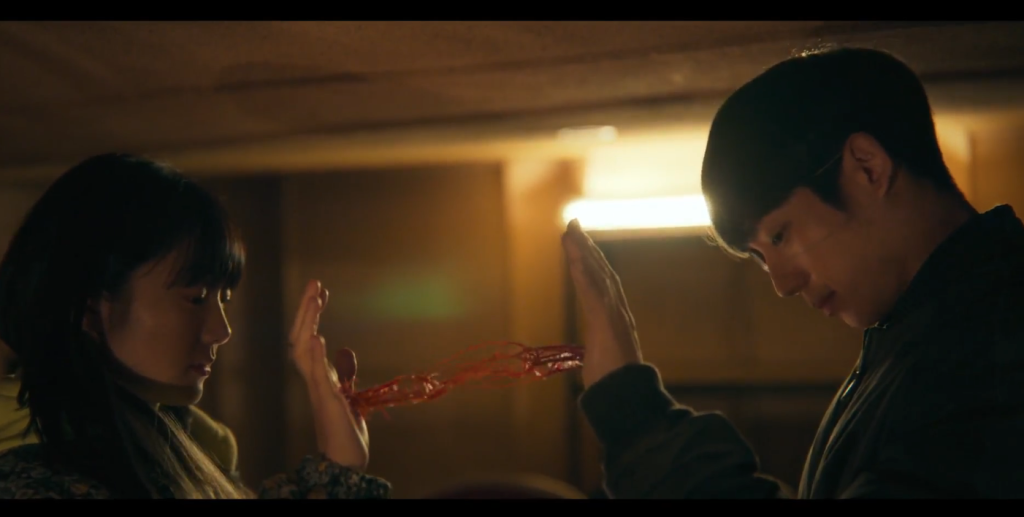
And yet, as well as physical exploitation, the drama is as much concerned with physical marginalisation, isolation and the loneliness of the outsider. Connect is a tale of those on the edges trying to reach out and draw something towards themselves to feel as though they belong.
It’s ironic then that Connect’s biggest flaw is that it fails to draw any of these things together. The characterisation is less flat than deliberately constrained so that we’re never entirely sure who these characters are or why they’re acting as they do. All the performances are minimalist – apart from Kyung-po who gets to chew a bit of scenery at the end. That minimalism helps to heighten the sense of our characters being self-contained, disconnected units moving around in an alienating world but it also makes them inscrutable blank slates that we, somewhat ironically, can’t connect to.
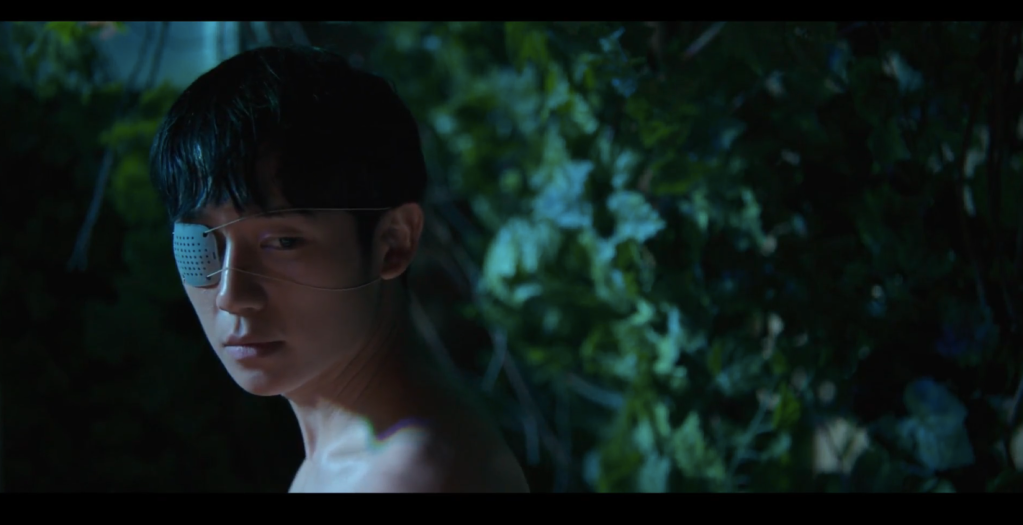
The minimalism does add to especially Hae-in’s subtle performance as a marginalised and intensely sad hero who sings into the night hoping somebody will see his soul rather than his butchered (super hot) body. (Yeah, some things work better on paper when this is your casting pool).
The same criticism applies to the plot, which has all the elements there on the table but never seems to stitch it into a complete body (the Frankenstein inferences are entirely deliberate and probably apropos). Connect asks ultimately, “what makes a monster?” but it never seems to bring its elements together to any kind of conclusion, racing along to its cliffhanger ending and never pausing or taking the time to give the show any real depth..
With Connect airing in late 2022, it is possible there may still be a second season. But without any of the usual chatter, it seems we’re left with Connect as is. Six strange, beautiful, confused, and gory episodes displayed for your amusement with blood still dripping from its eyeball.

